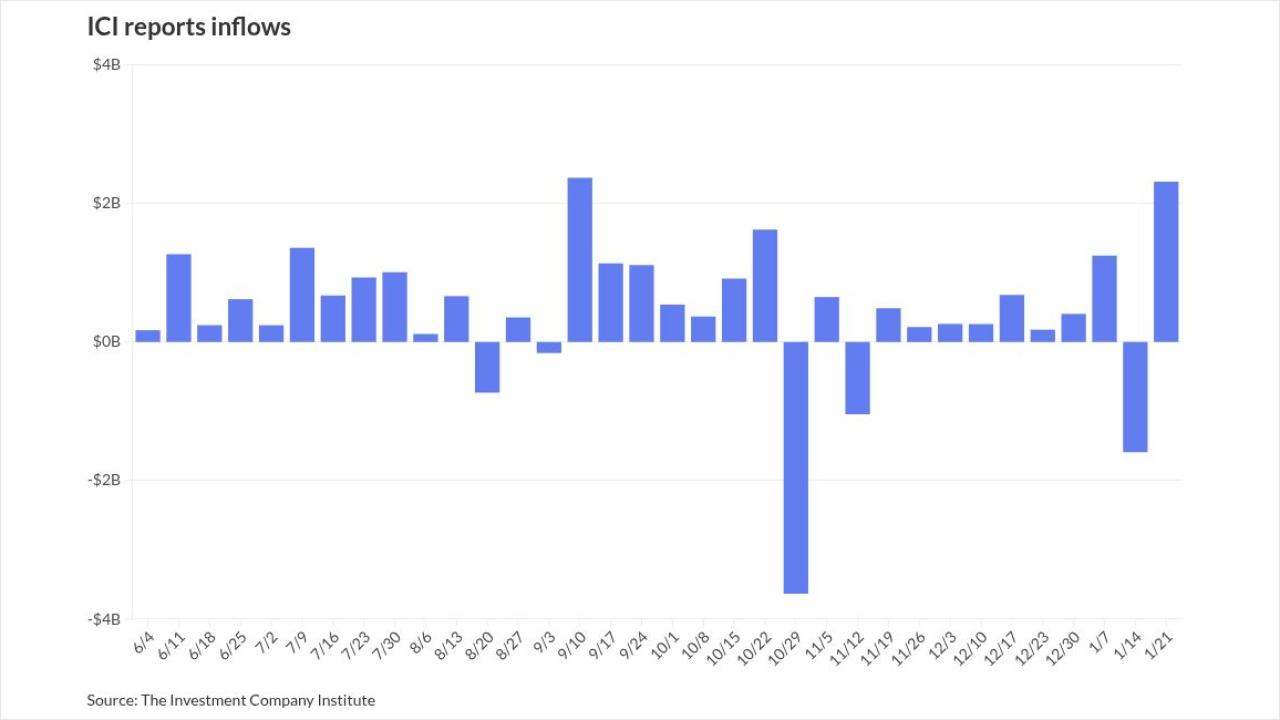
Congress should allow the Securities and Exchange Commission to set capital standards for large broker-dealer holding companies not affiliated with banks and to examine and obtain information about their affiliates, the director of the SEC's trading and markets division said yesterday.
Lawmakers also should consider ensuring that these broker-dealer holding companies have an emergency liquidity provider, which would have to be some other entity than the SEC, Erik Sirri told members of the Senate Banking Committee's securities panel at a hearing on federal risk management.
Sirri's comments came as he and other federal regulators defended themselves against charges by the Government Accountability Office that they knew of weaknesses in risk management at large financial institutions before the current crisis but did not demand changes.
The SEC has been heavily criticized for being too slow to react to the collapse of Bear, Stearns & Co., and Lehman Brothers, as well as the conversion of other large investment banks to bank holding companies.
But Sirri told the lawmakers the SEC's supervision of the investment banks was more strenuous than the GAO indicated.
"During times of extreme market stress, we had on-site coverage," he said. "While not continuously on-site, the SEC's approach was one of continuous supervision, a point not evident in the draft GAO report."
Sirri detailed the SEC's consolidated supervised entities program, under which it began in 2004 to supervise on a consolidated basis five entities with large U.S. securities firms as subsidiaries - Goldman, Sachs & Co., Merrill Lynch & Co., Morgan Stanley, Lehman Brothers, and Bear Stearns. Sirri said that the program was designed to be broadly consistent with the Federal Reserve's oversight of bank holding companies.
The SEC, among other things, required the CSEs to maintain funding procedures designed to ensure that the holding company had sufficient stand-alone liquidity to withstand the complete loss of all sources of unsecured funding for at least one year.
However, the commission discovered from the demise of Bear Stearns "that no parent company liquidity pool can withstand a 'run on the bank,' " Sirri said, ticking off several lessons learned from the financial crisis.
"For financial institutions that rely on secured and unsecured funding for their business model, some modification, such as government backstop emergency liquidity support, may well be necessary to plug a liquidity gap on an interim basis, to guarantee assets over the longer term, or to provide a capital infusion," he told the lawmakers.
While many industry officials claim mark-to-market accounting contributed to the financial crisis, Sirri said: "The challenges of valuing illiquid or complex structured products should not cast doubt on the process of marking to market ... In fact, marking to market is part of the solution ...The act of marking to market provides necessary information and can impose discipline on risk-taking and risk management."
Timothy Long, the senior deputy comptroller for bank supervision policy at the Office of the Comptroller of the Currency, rejected the notion that regulators should have done more to strengthen bank's models, many of which proved unreliable once the financial crisis began.
And Roger Cole, the director of banking supervision and regulation at the central bank, said that the Fed, which was criticized for its hands-off approach to supervision before the financial crisis, is now forcing changes at institutions.
But lawmakers clearly were not buying the regulators' arguments.
"Welcome back from your vacations that you've been on for the past few years," Sen. Jim Bunning, R-Ky., told them. "If we had good regulation, we wouldn't be in the crisis we're in now."
Sen. Jack Reed, D-R.I., who chaired the hearing, agreed. "During the good times when all the excesses were building up, regulators were not pressing hard enough," he said. "The regulators should be asking hard questions."





